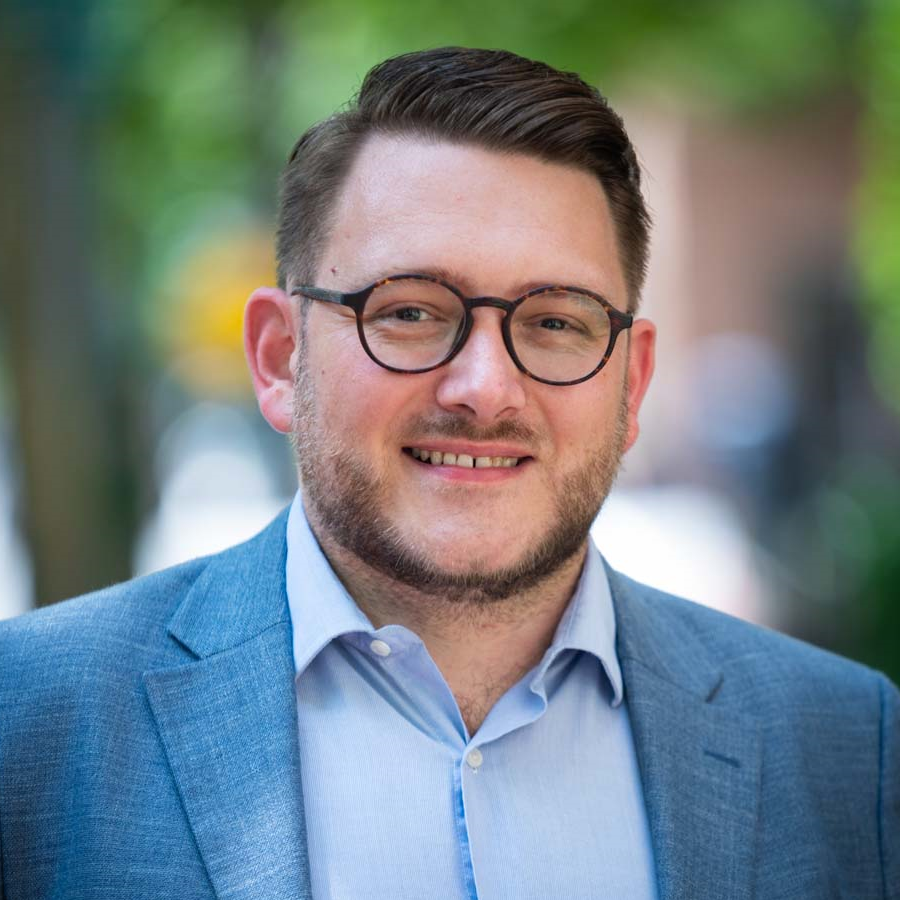The State of America's Direct Support Workforce Crisis 2024
U.S. Department of Health & Human Services Announces Latest Tranche of Emergency COVID-19 Relief Funding
Share this pageFOR IMMEDIATE RELEASE
May 22, 2020
U.S. Department of Health & Human Services Announces Latest Tranche
of Emergency COVID-19 Relief Funding
Announcement marks yet another in a long line of disbursements to exclude
Medicaid-funded providers of community-based disability services
WASHINGTON, DC – This morning, the U.S. Department of Health & Human Services (HHS) announced its latest tranche of funding from the Public Health & Social Services Emergency Fund, initially established on March 27 when the CARES Act was signed into law by President Trump. The funding announced today includes $4.9 billion for Skilled Nursing Facilities, but does not include any emergency relief for Medicaid-funded providers of community-based disability services.
With today’s announcement from HHS, the Department has distributed or committed about $87 billion of the $175 billion appropriated by Congress to the Public Health & Social Services Emergency Fund. It is unconscionable that in the eight weeks since the passage of the CARES Act, HHS has not found a way to deliver financial support to ANCOR members and other community providers, whose essential workforce is on the frontlines of our national response to the coronavirus pandemic.
The situation facing people with intellectual and developmental disabilities (I/DD) and the essential services on which they rely is dire. The workforce of direct support professionals (DSPs)—the essential workers on the frontlines of supporting people with I/DD during the pandemic—was in crisis long before the pandemic. Characterized by turnover rates in excess of 50 percent and vacancy rates for DSP positions hovering near one in four, state and federal Medicaid programs have for too long underinvested in the community-based supports and services that are critical to the inclusion of people with I/DD.
Now, in the face of the pandemic, many providers are on the brink of permanent closure because of disrupted revenue streams and significantly heightened operational costs. ANCOR’s recent survey of nearly 700 Medicaid providers found that the average provider is spending an additional $77,000 per month on overtime expenses during the pandemic. Furthermore, given that the majority of community providers rely exclusively on government funding to operate their businesses, the average provider can only stay afloat for one month using the cash they have on hand. This situation means that many providers won’t survive through the pandemic, let alone remain in business after the crisis subsides.
Despite the gravity of this situation, HHS has failed to exercise its authority to allocate congressionally appropriated resources that can alleviate this dire situation. And, although ANCOR is confident that the Department will eventually deliver badly needed relief to Medicaid programs, providers can no longer afford to wait. Each day HHS waits to allocate Emergency Fund resources is another day that the pandemic takes its toll on the lives and well-being of the vulnerable people supported by ANCOR’s 1,600+ members and countless other private, community-based disability service providers.
“Further delay could be catastrophic, and we cannot afford to wait any longer,” said Barbara Merrill, chief executive officer for ANCOR. “The World Health Organization declared COVID-19 a global health pandemic on March 11, and in the 72 days since, not one dime of the $175 billion available for essential health services has been committed to community-based providers of Medicaid-funded disability services. This inaction is simply inexcusable.”
Although ANCOR has been advocating that Congress and the Trump administration disburse federal resources to Medicaid programs since early March, the association deepened its commitment to this effort on May 4 with the launch of its #ForgottenFaces campaign. Shannon McCracken, vice president for government affairs at ANCOR, explained that #ForgottenFaces “is designed to advance a clear, simple message: that our federal government can no longer continue to overlook people with I/DD and the providers of the essential services that ensure their health, safety and well-being. Every day our elected officials wait is another day that the pandemic’s forgotten faces risk serious illness and even death.”
ANCOR will continue to make significant investments in advocating for emergency relief funding to be allocated to the essential services that community providers deliver in communities each and every day. In the meantime, more information about ANCOR’s federal COVID-19 advocacy efforts can be found at ancor.org/covid-19.
###
For 50 years, the American Network of Community Options and Resources (ancor.org) has been a leading advocate for the critical role service providers play in enriching the lives of people with intellectual and developmental disabilities (I/DD). As a national nonprofit trade association, ANCOR represents 1,600+ organizations employing more than a half-million professionals who together serve more than a million individuals with I/DD. Our mission is to advance the ability of our members to support people with I/DD to fully participate in their communities.

